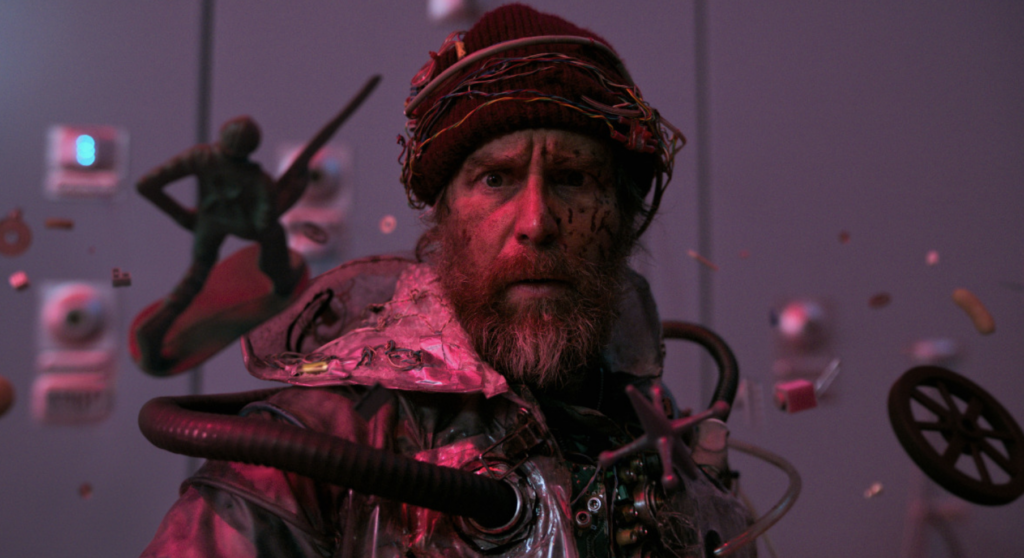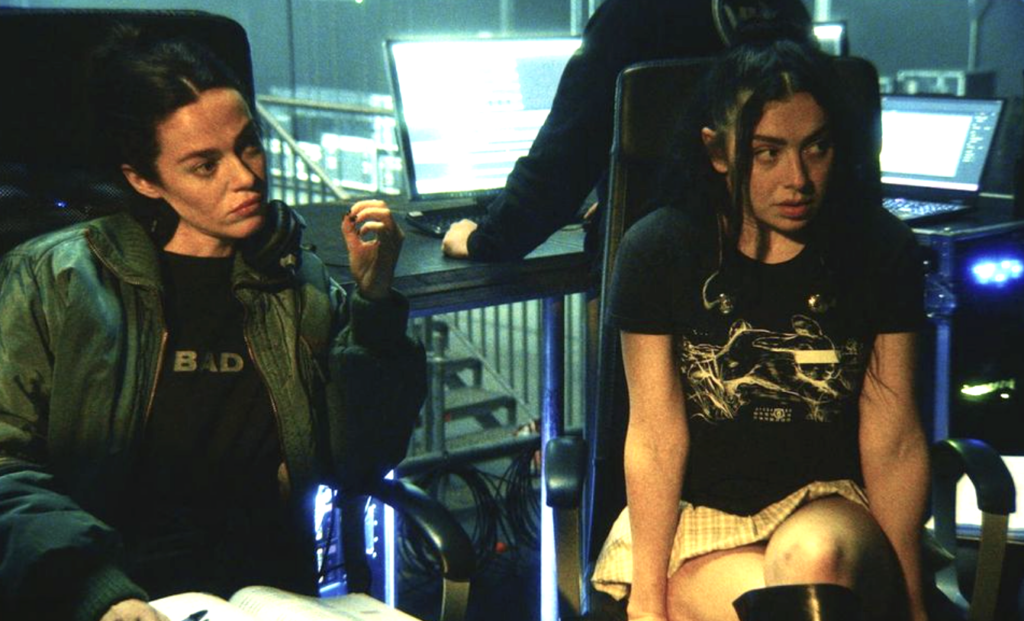New Yakkers
This is the true story of seven people (Tommy! Annie! Ashley! Maria! Griffin! Carpo! Benjamin!) picked to live in a city and have their lives changed. Find out what happens when people stop being polite and start being real. The Real World: Sidewalks of New York.
If you came across Edward Burns’ new film on cable and didn’t recognize any of the actors, you might assume it was part of MTV’s massive reality-TV franchise: Handheld cameras follow the protagonists through their daily routines (during the course of which they do little but try to find love); in between, we get confessional interviews addressed to the camera. If it isn’t The Real World, surely it’s Road Rules. Or Tough Enough. Or Unzipped (not technically a reality show, but shot like one). Or that new dating show in which the contestant dismisses one of his or her two dates at the end of the night. Too bad Burns’ movie isn’t quite funny enough to be mistaken for Jackass.
Which isn’t to say Sidewalks is a bad film; the acting is fine, and the characters are believable. It simply brings nothing new to the table, and has little reason to exist beyond writer-director Burns’ desire to make a film because he can. The material is so familiar that it feels like a well-worn theme-park ride, the Jungle Cruise of romantic comedies. Look over to your left: It’s the young hottie involved with a married man she actually thinks will leave his wife! Over on the right, if you look closely, you’ll catch a glimpse of the sensitive nebbish who’s trying to act tough! And up ahead, see the good-looking guy who just happens to be incredibly unlucky in love! Yes, ladies, he’s still single!
The plot of the film is driven by several interlocking stories, each of which can be summed up thusly: Person X seeks love from Person Y, who may or may not already be unhappily involved with Person Z, who seeks love from Person A, and so forth. Burns’ ultimate point is that, as big a city as New York seems to be, it’s a small world after all. Which brings us back to the theme-park-ride metaphor.
Kicked out by his girlfriend, Tommy (Burns, doing his standard Ben Affleck-with-actual-talent routine) moves in with aging lothario Carpo (Dennis Farina, stealing the show) and sleeps with schoolteacher Maria (Rosario Dawson), whose ex-husband is an aggressively nerdy — yet sensitive — doorman-musician named Ben (David Krumholtz). When Ben isn’t trying to win back his ex-wife, he’s hitting on pretty waitress Ashley (Brittany Murphy), who’s having an unhappy affair with married dentist Griffin (Stanley Tucci), a pompous type who ends every question with “or…?” Griffin’s wife is Annie (Heather Graham), who happens to be the real-estate agent who shows Tommy a vacant apartment and bonds with him over an argument about what constitutes a real New Yorker, formulating a chemistry that just has to be right because Graham and Burns dated in real life.
In what appears to be a vain attempt to make the movie feel like a documentary, all the participants at times answer an unseen interviewer’s questions regarding the nature of love and so forth, offering such amazing observations as: “Men and women are very different when it comes to sex.” These segments feel like a cheap way to introduce the characters without showing us anything about them. They would have been the film’s weakest links anyway, but the fact that Burns’ Tommy is interviewed on a rooftop with the World Trade Center as a backdrop doesn’t help. Tommy’s observations are as irrelevant as he is, but doubly so in the face of a disaster director Burns unintentionally reminds us of at all times. Though the film is low-budget enough that a Zoolander-style digital deletion would not have been an option, excising these segments would have improved the film in any case, and Burns should have done so.
The performers do as well as they can with the thin material, ultimately fashioning what should make a great audition tape for something else. Particularly noteworthy is Farina, in a one role that’s purely comic relief, loudly advocating the application of cologne to the scrotum and boasting that he left 500 women “baying at the moon.” The elfin Murphy, meanwhile, having previously shone in either supporting or psychotic roles (or both, as in Prophecy II), gets to play straight leading lady here, and does so with aplomb, while also giving Leelee Sobieski some competition for cinematic omnipresence.




